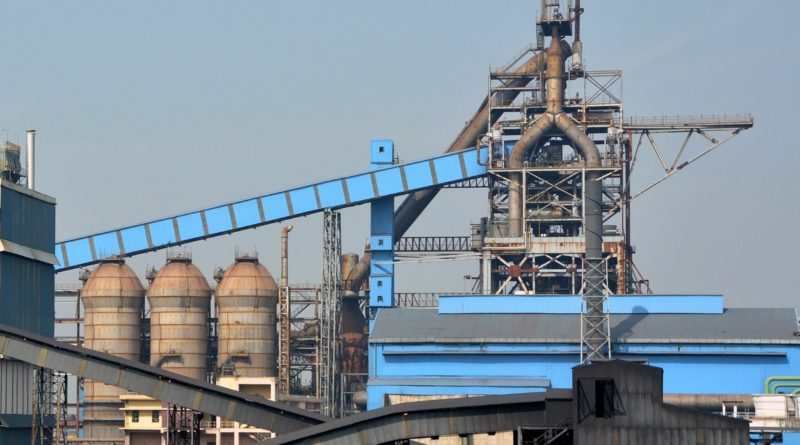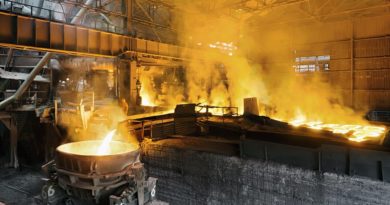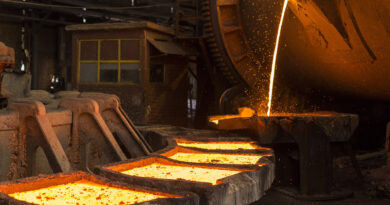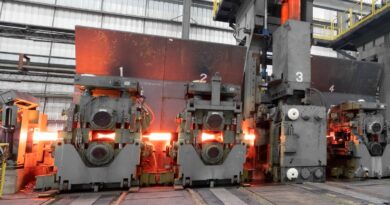Making steel in the 2020’s
As we enter not just a new year but a new decade, the steel industry continues to face its traditional challenges – overcapacity, restructuring and trade frictions to name just a few, says Edwin Basson, Director General, worldsteel.
2020 will also be by all accounts a year in which market growth will be slow in most regions. In addition, a number of other pressures will become increasingly significant. What are they and what will worldsteel be doing over the course of the 2020s to help our members respond to them?
Supply chain management and reporting will become a critical part of our industry’s licence to operate.
“Our customers and society at large are demanding greater transparency and accountability in all aspects of our work, especially with respect to safety, environmental and labour standards.”
The tragedy in Brazil in the early part of last year highlights the importance of this work to the steel industry in particular. Nearly 300 people died in a mudslide after a dam collapsed near the south-eastern Brazilian town of Brumadinho in January.
Responding to pressure from their own customers, the construction, automotive and other sectors want to know more and more about how steel products are made and where and how steelmakers source their raw materials.
worldsteel’s Sustainability Reporting Expert Group has developed a matrix for our 30 most important material inputs and their associated sustainability risks depending on where they are sourced from.
“In the new year we will be widening the scope of our work on steel scrap, something that will become increasingly important this decade as the availability of scrap increases and we see a higher percentage of global crude steel produced by recycling scrap in electric arc furnaces.”
Having worked with worldsteel for some time now, the International Energy Agency (IEA) will this year publish its technology roadmap for the steel industry, which will set out a strategy for decoupling increases in steel production from related CO2 emissions.
As an energy intensive sector with hard-to-abate CO2 emissions steelmaking will have to clearly explain why decarbonising the global economy will be a steel-intensive process.
“It will partly depend on our 100% and infinitely recyclable material. We will also have to communicate the capital-intensive and technically demanding work our members are doing in developing breakthrough technologies that will see virgin steel produced with net-zero carbon.”
This includes technologies that reduce iron ore with renewably-produced hydrogen and which thus reduce the need for coking coal.
Although such technologies will likely not be commercially viable in the next decade, worldsteel, through its set up program, will in the meantime work with its members to drive short and medium-term process efficiency gains in raw material quality, energy efficiency, process yield and process reliability, all of which will reduce the industry’s impact on the climate.
The steel industry is already making headway in responding to these new pressures, but there remains much to do. Fortunately, both the steel industry and steel as a product already play an important role in driving the sustainability that society expects.




